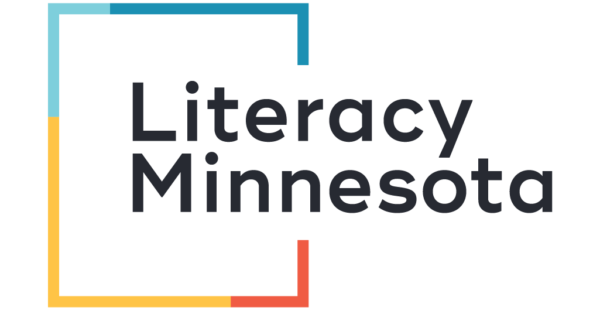Resources
Results
Promising Practices for IET Programs That Serve Beginning-Level Learners
Reading Skills Stories
Adult ELL Pathway to Literacy
Pathway to Literacy Level Teacher Training
CCRS in the ABE Classroom: Literacy Level ESL
Showing Evidence Using Academic Language with Low Literacy Learners
Language Experience Approach and Adult Learners
Five Activities to Promote Interaction and Communication
Getting to the Rough Ground of Language and Literacy Learning Through the Language Experience Approach
New Resources
Tapping into Diverse Perspectives and Teaching Materials
Being a Warm Demander
Discovering Learners’ Funds of Knowledge
Presenter Information
Get information about stipends, reimbursements, and other instructions for presenters.
MN ABE YouTube Channel
The MN ABE YouTube Channel is a free online PD resource that you can use to explore teaching techniques and classroom ideas in action! Find out more in this MN ABE Connect newsletter article.
Upcoming ABE Events
Racial Equity 101 Presented by Jimmie Heags
Registration Deadline: TUE. 8/6/24 Join presenter Jimmie Heags, Jr., MA, LSC, LPCC, LADC, ACS, for this session that exposes how race is defined and how racism impacts individuals and institutions. The session will provide learners with a framework for understanding and disrupting the attitudes and structures that perpetuate… Learn More
Volunteer Core Training Module 1: Overview of Minnesota Adult Education and Program Accountability
Registration Deadline: TUE. 8/6/24 Participants learn about Adult Basic Education programming in Minnesota, demographics of learners, instructional content standards as well as initial and on-going assessment. This session wraps up with learner motivations, barriers and persistence. Learn More
Volunteer Core Training Module 2: Understanding Adult Learners
Registration Deadline: TUE. 8/13/24 Participants develop their personal cultural awareness and learn how expectations around school culture shape how people teach and learn. Guiding principles for effectively delivering instruction to adults are also covered. Finally, participants increase their sensitivity to the challenges of learning English and developing literacy… Learn More
